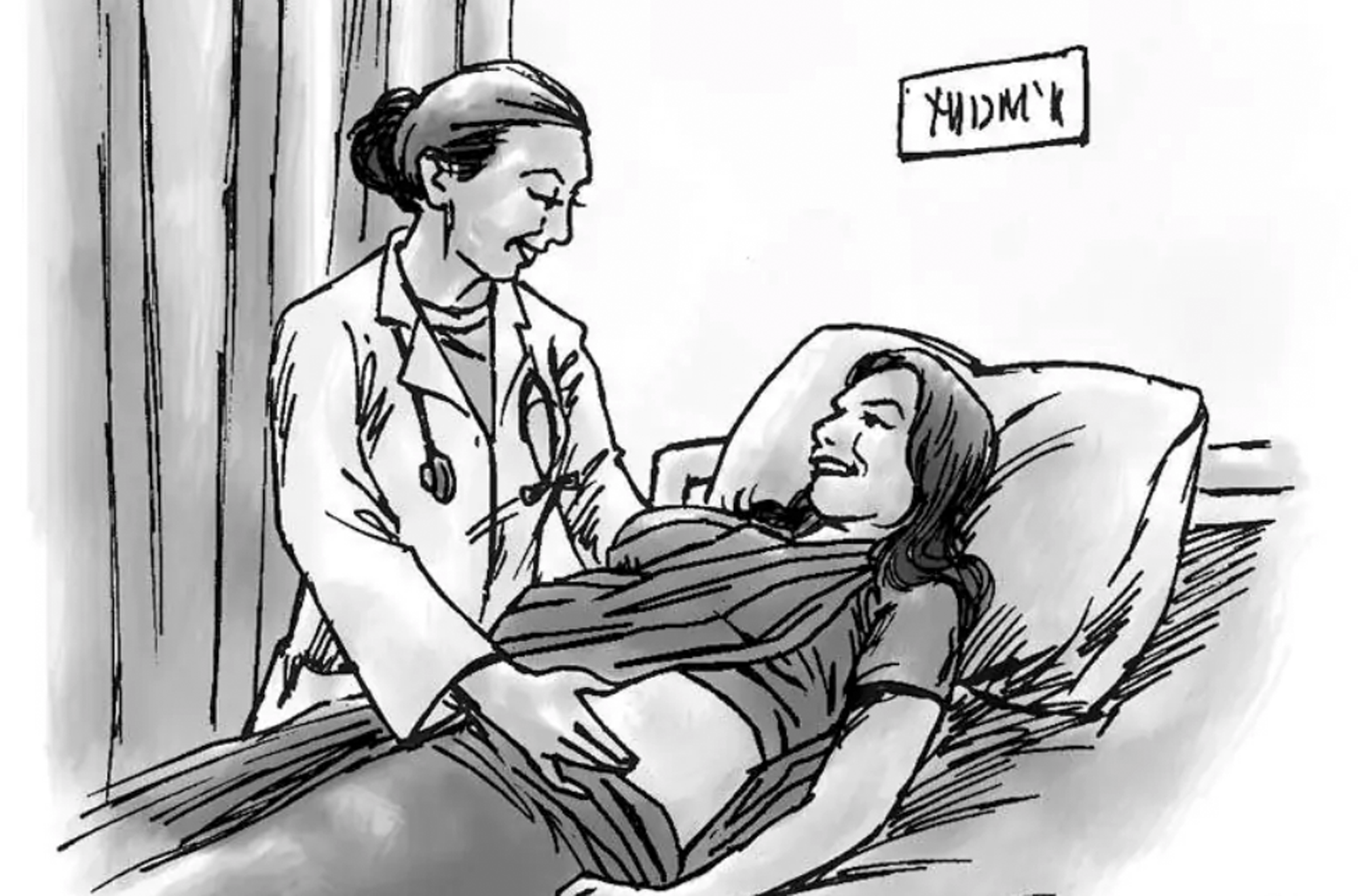
The commentary argues that abortion should prima facie be decriminalised as a crime with certain exceptions (sex selective abortion, harm to mother’s body with intent to hurt the fetus and others). It also argues that decriminalisation does not mean deregulation, but that abortion must be treated as a medical procedure, where the well-being of the women is placed at the centre.
The article has two main sections. One is to give a history of how abortion came to be criminalised in very ancient times, e.g. in the Code of Hammurabi and the Book of Exodus in the Hebrew Bible to provide for penalties for an assault causing miscarriage. It notes the recognition of the ‘rights based approach’ on abortion, and how different countries have gradually shifted their legal standing on abortion from strict criminalisation to treating it as a medical procedure regulated by medical legislation, and mentions the complete decriminalisation of abortion in Canada in 1988 by the Supreme Court.
The main purpose of the article is to look changes in Nepal in recent history and how reproductive health rights were adopted as fundamental rights for the first time in its interim Constitution in 2007 (2063 B.S) under Article 20(2) ‘Rights of Women’. This was carried forward by the new, existing Constitution, ‘Constitution of Nepal 2015 (2072 B.S)’ under Article 38(2). In addition, the Supreme Court in the (2067 B.S) case of Laxmi Dhikta vs Nepal Government clearly defined abortion as an integral aspect of reproductive health rights and women’s human rights and went on to say that:
“It is contradictory and incompatible that the issue of abortion which has emerged as a new right is still placed under the strict criminal procedure in the Penal Code (2020) under the Chapter on Homicide”. It therefore ordered regulation of abortion to be carried out by promulgating separate, specific legislation.
It then points out that abortion in Nepal is still prima facie a crime, though with certain exceptions. At the same time, despite reproductive rights being guaranteed in the Constitution as a fundamental right and a judicial decision stating that abortion is an integral aspect of reproductive rights, women in Nepal still face prosecution for taking a decision which directly impacts their overall well-being. It closes repeating its call for abortion to be decriminalised in Nepal with the two exceptions named at the beginning.
SOURCE: The Himalayan Times, by Bandana Upreti, Samana Kafle, 2 March 2021 ; Illustration by Ratna Sagar Shrestha/THT



